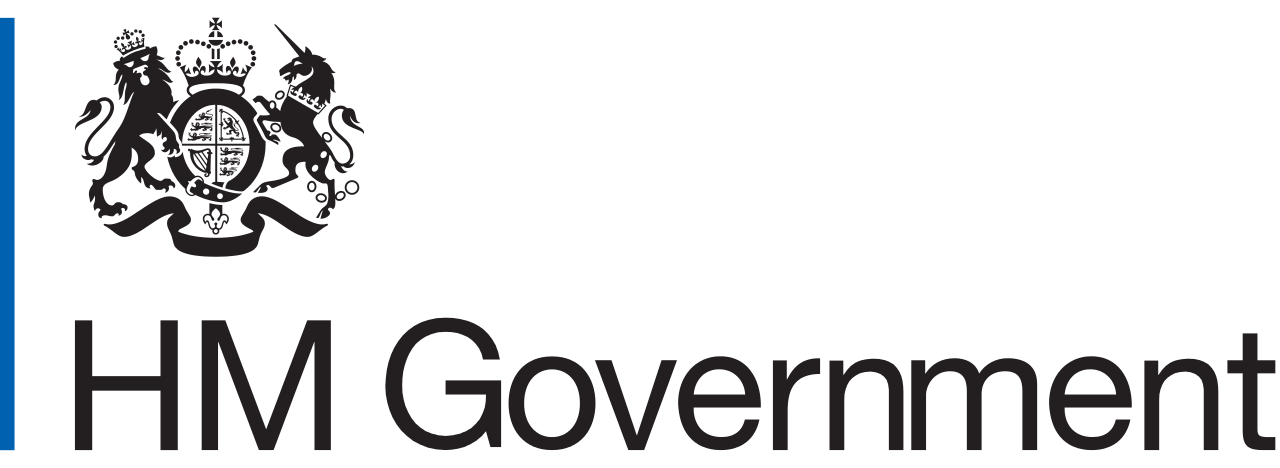Cashless spending and donations are going to be the norm in a post-Covid world and pioneering Norwich company Thyngs has already developed the technology to support this transition.
Started five years ago by entrepreneur Neil Garner, the business has produced a digital platform which allows people to pay for services or give money to charity without any apps or cash.
Covid stalled its plans to launch a new payment method using existing bank apps, but a £25,000 Growth Through Innovation Fund grant from New Anglia Local Enterprise Partnership supported vital upgrades and continued R&D, which meant it was in even better shape to capitalise on payment trends arising from the pandemic.
“It was about ensuring our platform infrastructure was adequate for scale because we are running thousands of charities off the back of it and we need to make it more scalable,” says CEO and founder Neil.
“We have also been working on an option to pay by existing bank apps, which allows you to pay quickly, securely and cost effectively. It didn’t go live because Covid meant there was no good time to launch it, but now it’s gone bigger because we’re partnered up with a large global financial player to launch it at scale.”
Social-distancing restrictions introduced in the wake of the pandemic have seen a rapid switch to cashless transactions, with customers of even the smallest businesses tapping card machines to pay for food and drink and other services. Pound notes and change have become almost redundant.
Neil has been through three generations of contactless payments. Way back in 2010, he was responsible for the first re-loadable contactless payment phone which was used in fast-food chain Subway at its London Street branch in Norwich. Ten years later, he again found himself working with the hospitality sector as it was forced to adapt in a challenging and ever-changing environment, and charities like Macmillan Cancer Support, desperate to find an easy alternative to cash donations.
NFC (Near Field Communication) tags and QR codes were added to Macmillan’s card collection boxes, converting them into a cashless donation point at its fundraising coffee mornings – thousands of which are held every year.
“We now have a global deal with a large international faith group to introduce this technology in all its places of worship,” says Neil. “Instead of a collection plate, you have stickers and signs that you can tap with your smartphone and make a payment. This has potential to rollout from the first 3 to 160 countries around the world, and we are already working with the Church of England in the UK.”
The Growth Through Innovation Fund, funded by the European Regional Development Fund, has awarded £748,000 to 43 projects, generating £912,000 private match funding.
If you would like to discuss your innovation project with an adviser, call New Anglia Growth Hub on 0300 333 6536 or email [email protected]




